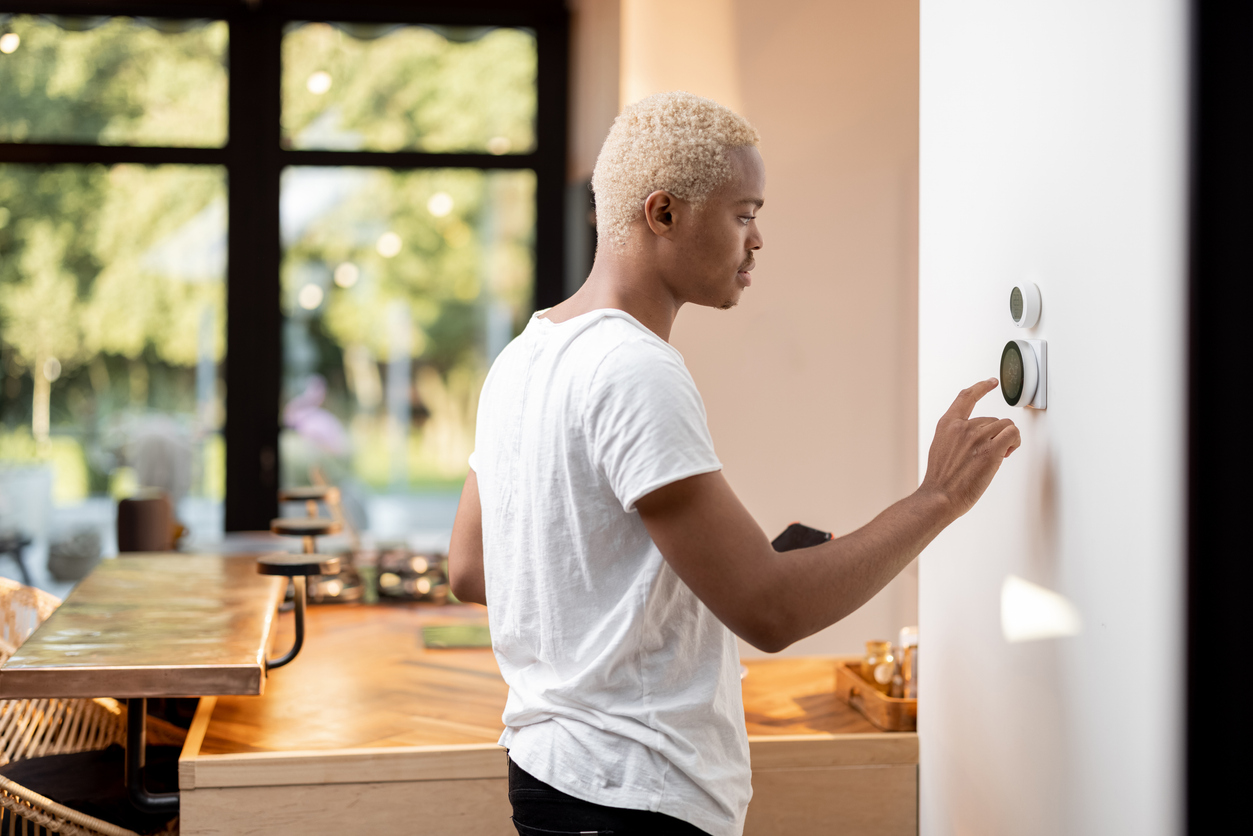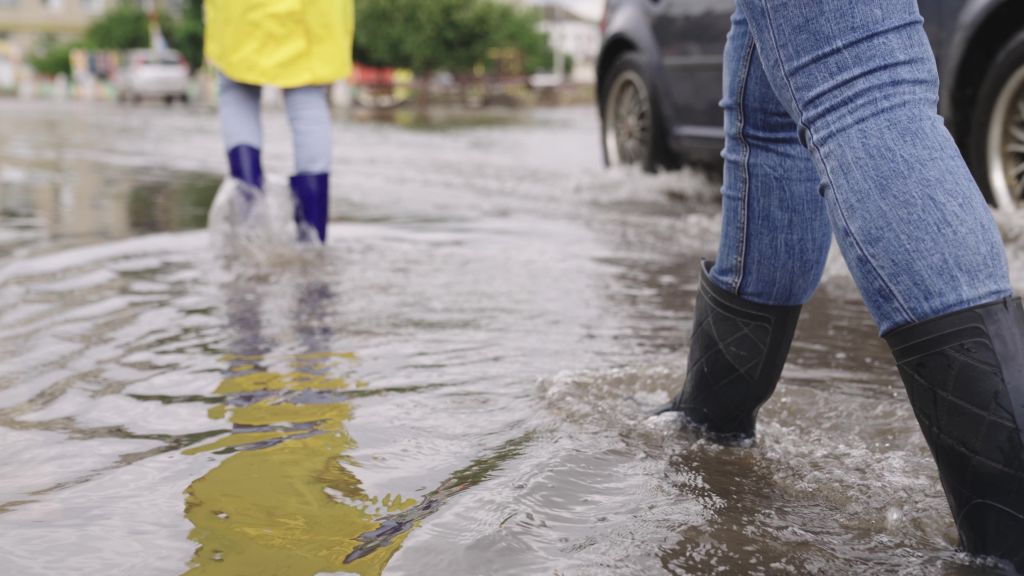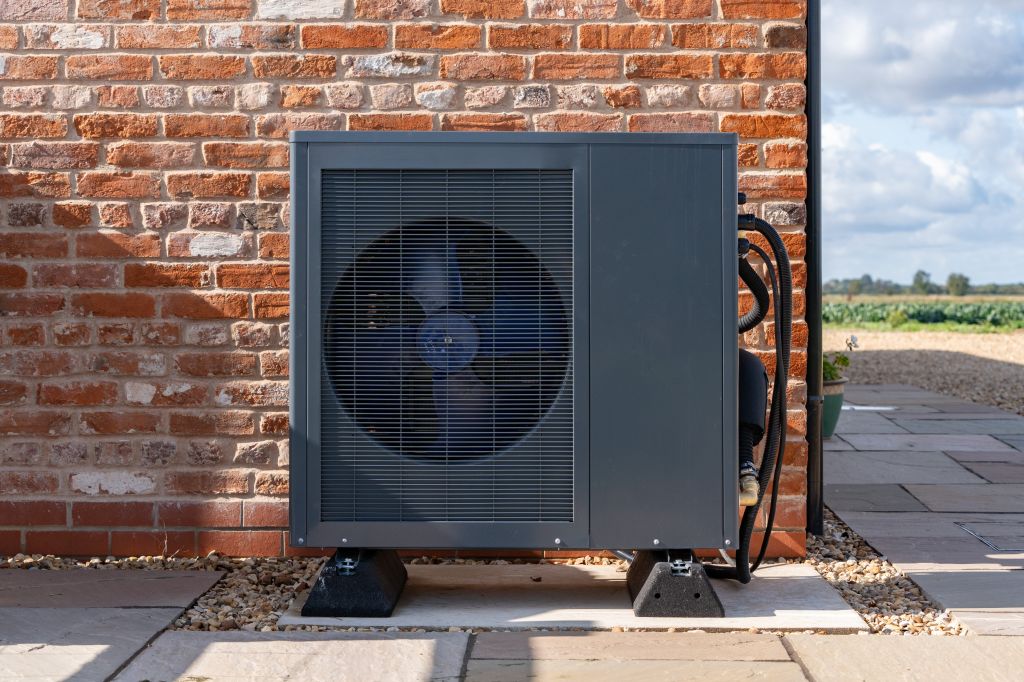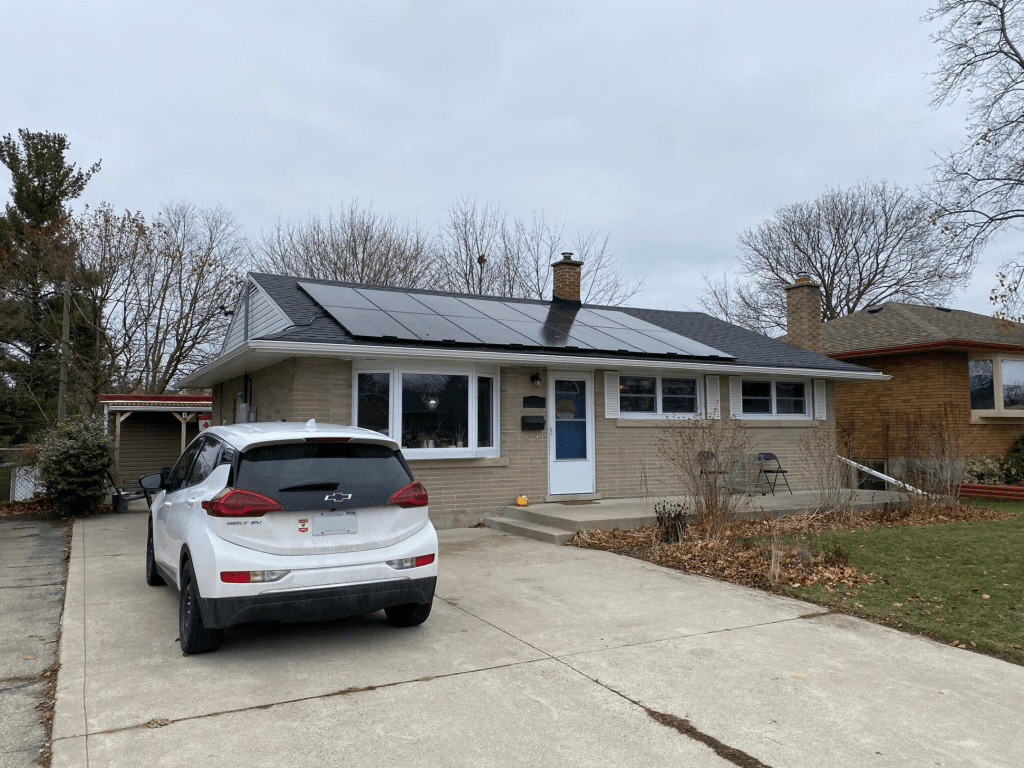Published September 5, 2024 • 1 Min Read
Learn how to use less energy and potentially reduce your home energy bills
Our homes use energy throughout the day to operate; from running laundry cycles, to keeping food cool and fresh, or keeping us warm in the winter. But, the more energy our homes us, the more we have to pay for. Learn budget-friendly ways to make your home more energy-efficient and reduce your household energy bills.

With Enbridge Sustain you can save more than just energy
Earn 25,000 Avion points when you switch your natural gas furnace to a SmartFlow system from Enbridge Sustain. Offer available in Ontario only.
This article is intended as general information only and is not to be relied upon as constituting legal, financial or other professional advice. A professional advisor should be consulted regarding your specific situation. Information presented is believed to be factual and up-to-date but we do not guarantee its accuracy and it should not be regarded as a complete analysis of the subjects discussed. All expressions of opinion reflect the judgment of the authors as of the date of publication and are subject to change. No endorsement of any third parties or their advice, opinions, information, products or services is expressly given or implied by Royal Bank of Canada or any of its affiliates.
Share This Article






